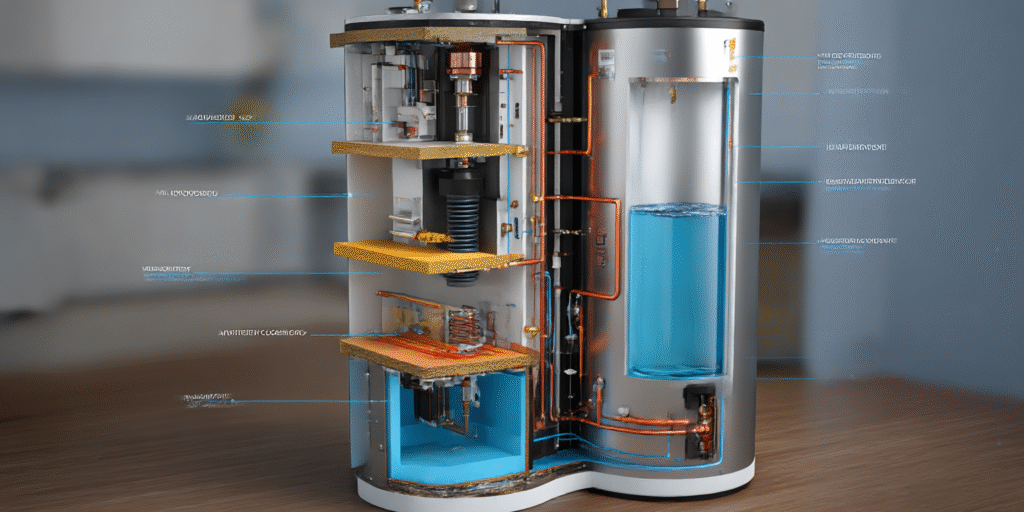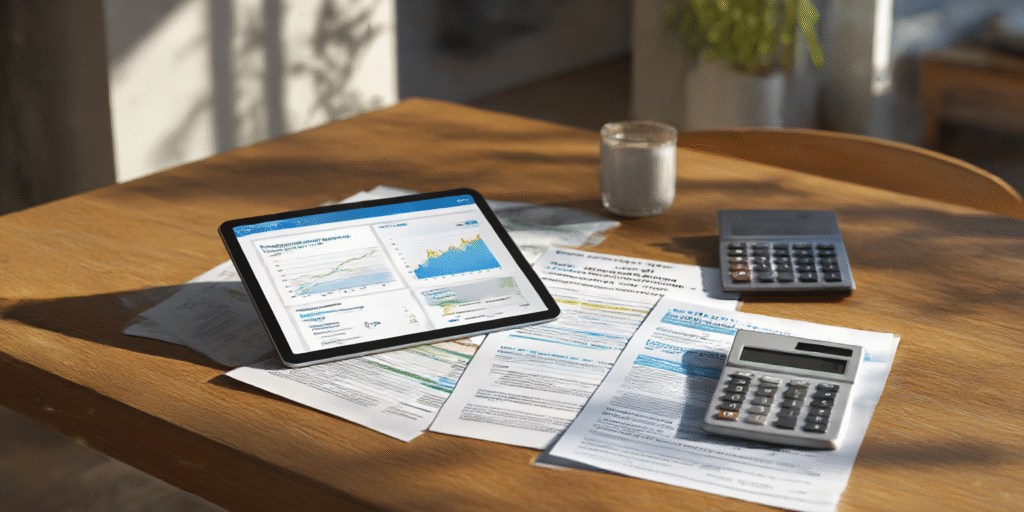Hybrid water heaters represent a groundbreaking advancement in home water heating technology, merging the best of traditional and modern systems. Specifically designed to maximize energy efficiency and reduce utility costs, these innovative appliances are particularly appealing to homeowners who are eco-conscious and focused on long-term sustainability. By integrating aspects of both tank and tankless systems, these innovative appliances ensure a continuous supply of hot water while significantly cutting down on energy consumption.
At the core of a hybrid water heater is the heat pump, a revolutionary component that sets it apart from standard models. This technology operates by absorbing ambient heat from the surrounding air and using it to heat the water inside the tank. By harnessing naturally occurring energy, the heat pump water heater aspect of hybrids drastically reduces reliance on electricity or gas, making it one of the most efficient solutions available today. This system not only reduces the demand on the home’s energy supply but also helps in maintaining a more stable and predictable energy bill each month.
The innovative fusion of tank and tankless technologies within a hybrid water heater truly differentiates it in terms of performance and efficiency. Traditional water heaters maintain a reservoir of hot water ready for use, which can result in significant energy losses over time. In contrast, tankless systems heat water on-demand, offering improved efficiency but often struggling to meet peak demand. The hybrid system cleverly combines these approaches by maintaining a smaller tank that is continuously heated through the energy-efficient mechanisms of the heat pump, ready to deliver hot water as needed without the extensive energy drain of older models.

The operational principle behind hybrid water heaters showcases the impressive advancement in water heating technology. These systems utilize heat pump technology as their primary mechanism, drawing heat from the surrounding air and transferring it to the water in the tank. This process is remarkably efficient, as it employs ambient heat rather than relying solely on direct electricity or gas to heat water.
The system works through a series of components working in harmony:
Energy savings are a crucial consideration for eco-conscious homeowners, and here is where hybrid water heaters shine. By significantly reducing reliance on direct electricity to heat water, these systems achieve substantial energy savings compared to traditional models. Hybrid water heaters can be up to three times more energy-efficient than standard electric water heaters, translating into noticeable reductions in utility bills.
The adaptability of hybrid systems makes them an excellent choice for various household sizes and needs. Unlike conventional systems that require larger tanks to supply a large household, hybrid water heaters provide continuous hot water supply without substantial energy waste. They automatically adjust to household hot water usage patterns, ensuring that just the right amount of hot water is ready for use without unnecessary energy consumption.
The Environmental Impact of Hybrid Water Heaters
The environmental benefits of hybrid water heaters cannot be overstated. These innovative systems represent a significant shift in residential energy consumption, offering a substantially greener alternative to traditional water heating methods. By leveraging advanced hybrid technology, they achieve remarkable reductions in energy usage and carbon emissions.
Key environmental benefits include:
Beyond immediate energy savings, hybrid water heaters provide long-term sustainability benefits. They operate optimally in ambient temperatures, converting available air warmth into usable energy, which minimizes the reliance on fossil fuels and decreases emissions associated with energy production. This makes them especially appealing to homeowners interested in sustainable living practices.
The durability and longevity of hybrid units mean fewer replacements are needed over time, reducing the waste associated with constant manufacturing and disposal of traditional water heater units. This aspect of sustainability often goes overlooked but represents a significant environmental advantage.

When evaluating the financial aspects of hybrid water heaters, it’s essential to consider both the initial investment and long-term savings. While the upfront costs may be higher than traditional water heaters, the return on investment through energy savings and available incentives makes them an economically sound choice.
Financial considerations include:
Many homeowners report substantial operational savings, typically reflecting a 50% reduction in water heating costs. This significant decrease in monthly utility bills can help offset the initial investment within a few years of installation. The availability of various rebates and incentives can further reduce the effective cost of purchasing and installing a hybrid water heater.
Real-world examples demonstrate that homeowners across different climate zones and usage patterns consistently experience notable cost savings after switching to hybrid water heaters. These savings, combined with the environmental benefits, make hybrid water heaters an attractive investment for forward-thinking homeowners.
Hybrid water heaters represent the cutting edge of water heating technology, offering an optimal balance of efficiency, performance, and environmental responsibility. As we move toward a more sustainable future, these systems will likely become the standard for residential water heating solutions.
The ongoing advancement of hybrid water heater technology continues to improve their efficiency and functionality. Integration with smart home systems and mobile applications allows for unprecedented control and monitoring of energy usage, further enhancing their appeal to modern homeowners.
For those considering an upgrade to their water heating system, hybrid water heaters offer a compelling combination of benefits:
To explore how a hybrid water heater could benefit your home, consider scheduling a consultation with a qualified professional who can assess your specific needs and recommend the most appropriate solution. Call today to speak with an expert who can guide you through the selection and installation process, ensuring you make the most of this innovative technology.